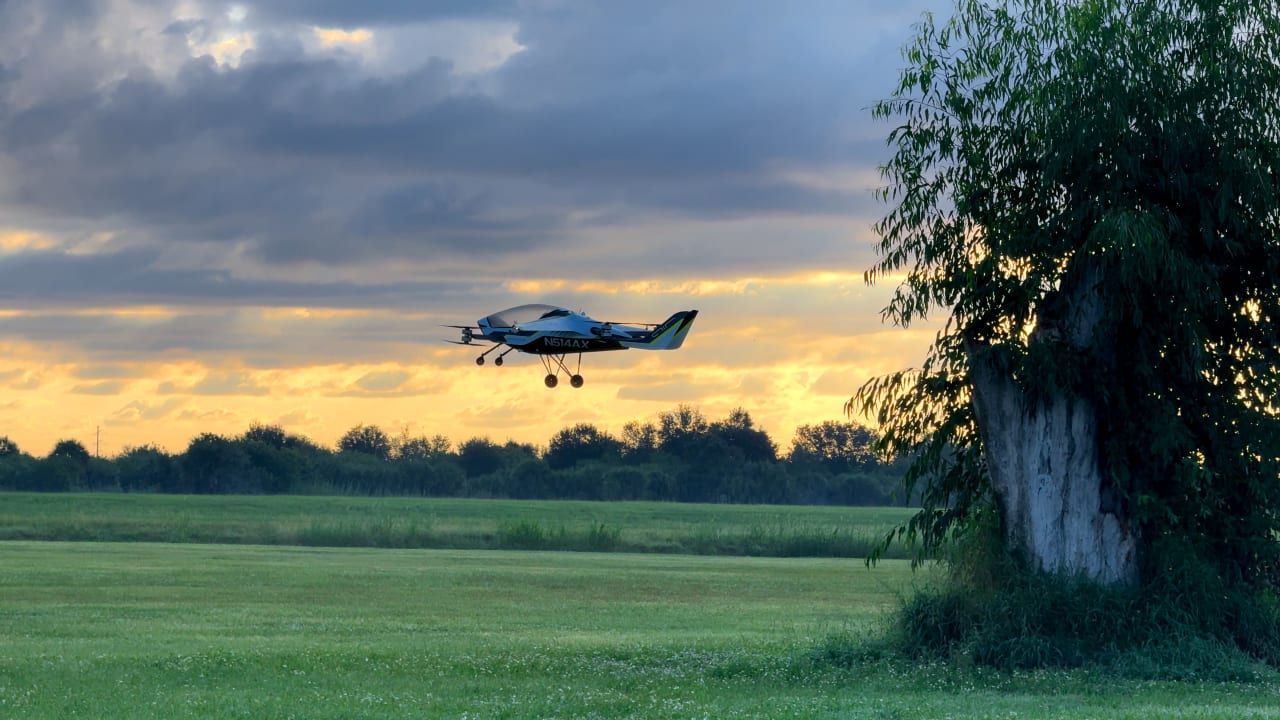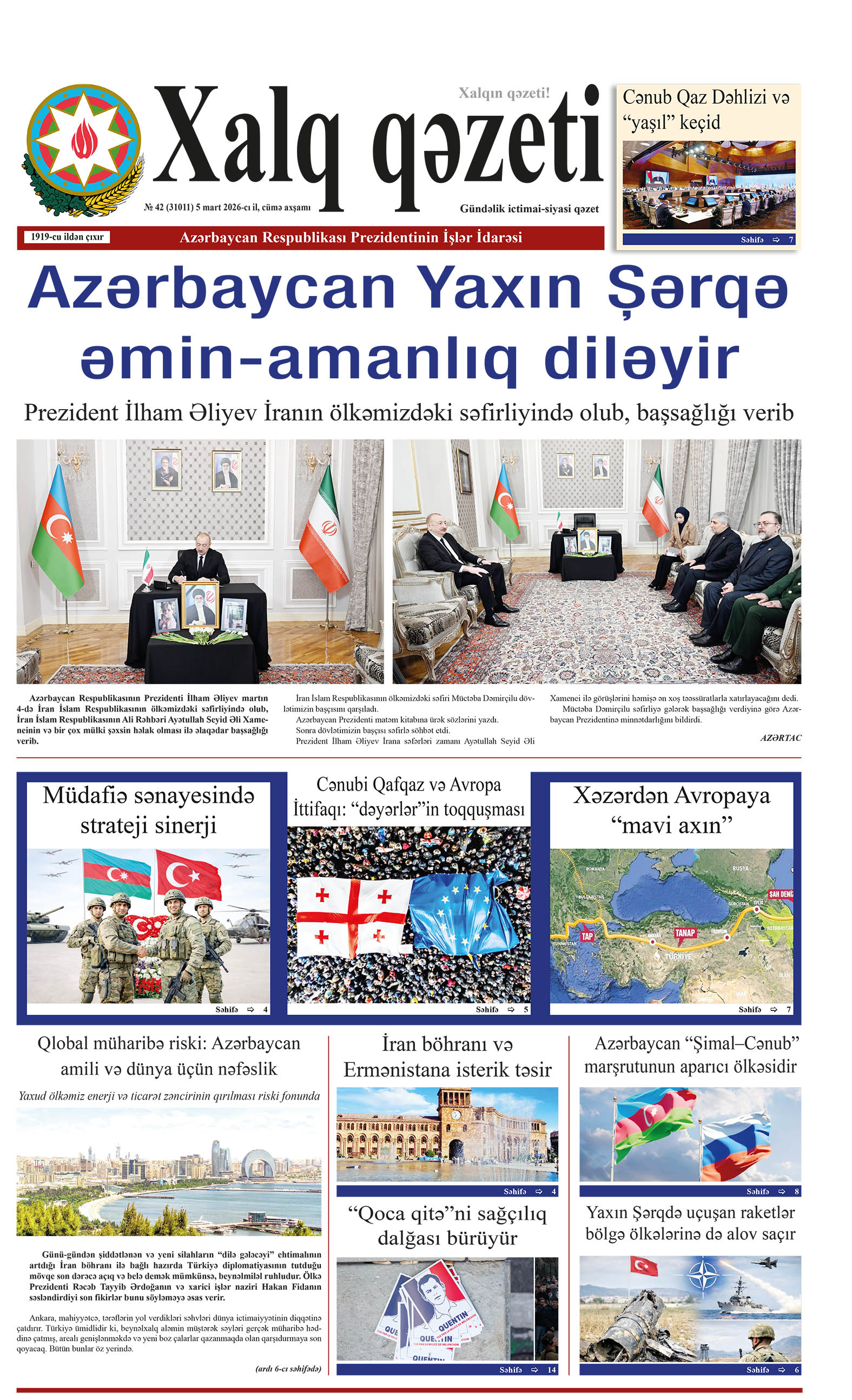Jerusalem Post
ByANNA AHRONHEIM
With vertical takeoff and landing Israeli aerospace start-up is reimagining ‘a core human desire,’ AIR CEO says. ‘We want to be in the air, soar like a bird.’
In a world racing toward the promise of autonomous mobility, AIR EV is developing electric vertical takeoff and landing (eVTOL) aircraft, or, in other words, flying cars.
Founded in 2018 in Pardes Hanna-Karkur, this Israeli aerospace start-up is reimagining how people, cargo, and even defense logistics move through the skies. It designs eVTOLs, not just for military logistics, but also for individual ownership to beat the traffic and enjoy the ride.
“Humans have always wanted to fly like a bird... to move through the air and incorporate it into our lives,” Rani Plaut, CEO of AIR, told Defense & Tech by The Jerusalem Post during a recent visit to the company.
With just 60 employees, including pilots, physicists, and software developers, the company has set its sights high: “We want to be in the air. It’s a core human desire. AIR is trying to create a relationship between the aircraft and the operator.”
Flagship AIR One
The company’s flagship model, AIR One, is a two-seat eVTOL that combines futuristic design and practical usability.It can fly for about one hour on a single charge, with a range of up to 100 kilometers. Its payload capacity of 250 kg. and cargo bay of 70 cubic feet allows AIR One to handle up to two passengers.
Collapsible wings also allow it to be parked in a standard garage, and it can be charged at home, making AIR One far more accessible than most sector prototypes.
For safety, the aircraft is equipped with a full-aircraft parachute and designed to meet US Federal Aviation Administration (FAA) certification standards under the MOSAIC rule for light sport aircraft.
Since 2023, AIR One has been participating in the US Air Force’s AFWERX Agility Prime program and has recently received an FAA experimental airworthiness certificate, enabling flight testing in America.
In October, an automated prototype crashed in Florida, destroying the aircraft.
A philosophy of simplicity
Plaut told D&T that the company’s guiding principle was simplicity: Fewer parts, streamlined software, and a design philosophy that makes flight more intuitive.
AIR EV’s patented aerodynamic innovation enables long-range capabilities, with endurance of one hour and expectations of extended range within 18 months, thanks to a planned range extender. An additional patent in “extreme simplicity” in piloted flight has been combined to enable both crewed and crewless operations.
Civilian and military applications
While AIR One is aimed at personal ownership, AIR EV sees its platform as the “missing link” in aviation, adaptable for cargo, defense, agriculture, first responders, and logistics, as well as civilian use.
The aircraft, which uses eight fixed motors, takes off like a helicopter and transitions smoothly to airplane flight, offering versatility across missions.
Logistics has emerged as the most significant use case, and the Israel Air Force (IAF) and the IDF’s ground forces have already used the aircraft operationally, describing it as “an aerial Humvee.”
“Imagine AIR One like a magic carpet moving over 200 kg. of supplies into contested areas for military or humanitarian cases,” Plaut said.
Commercialization and growth
In July 2025, AIR EV opened a 32,000-square-foot production facility in central Israel, capable of producing up to six aircraft simultaneously. This facility supports both the AIR One and an autonomous cargo variant.
Sales are already underway in Asia and the US, with $30 million in revenue reported. Each unit is priced at approximately $300,000.
AIR plans to deliver four units next year, followed by 18 more, with deals in the pipeline for an additional 40 units. Its ambitious target is to reach 100 units within the coming year.
In mid-2025, AIR raised $23 million in Series A financing, led by Entrée Capital. The capital is being used to scale production and accelerate US expansion, aligning with growing government support for advanced air mobility initiatives.
With preorders already secured, AIR is betting on a future when flying cars are not just a sci-fi dream but a practical reality.
By combining safety with convenience, bridging civilian and defense applications, and focusing on simplicity, the Israeli start-up is carving out a unique niche in the global race to bring eVTOLs to market.













